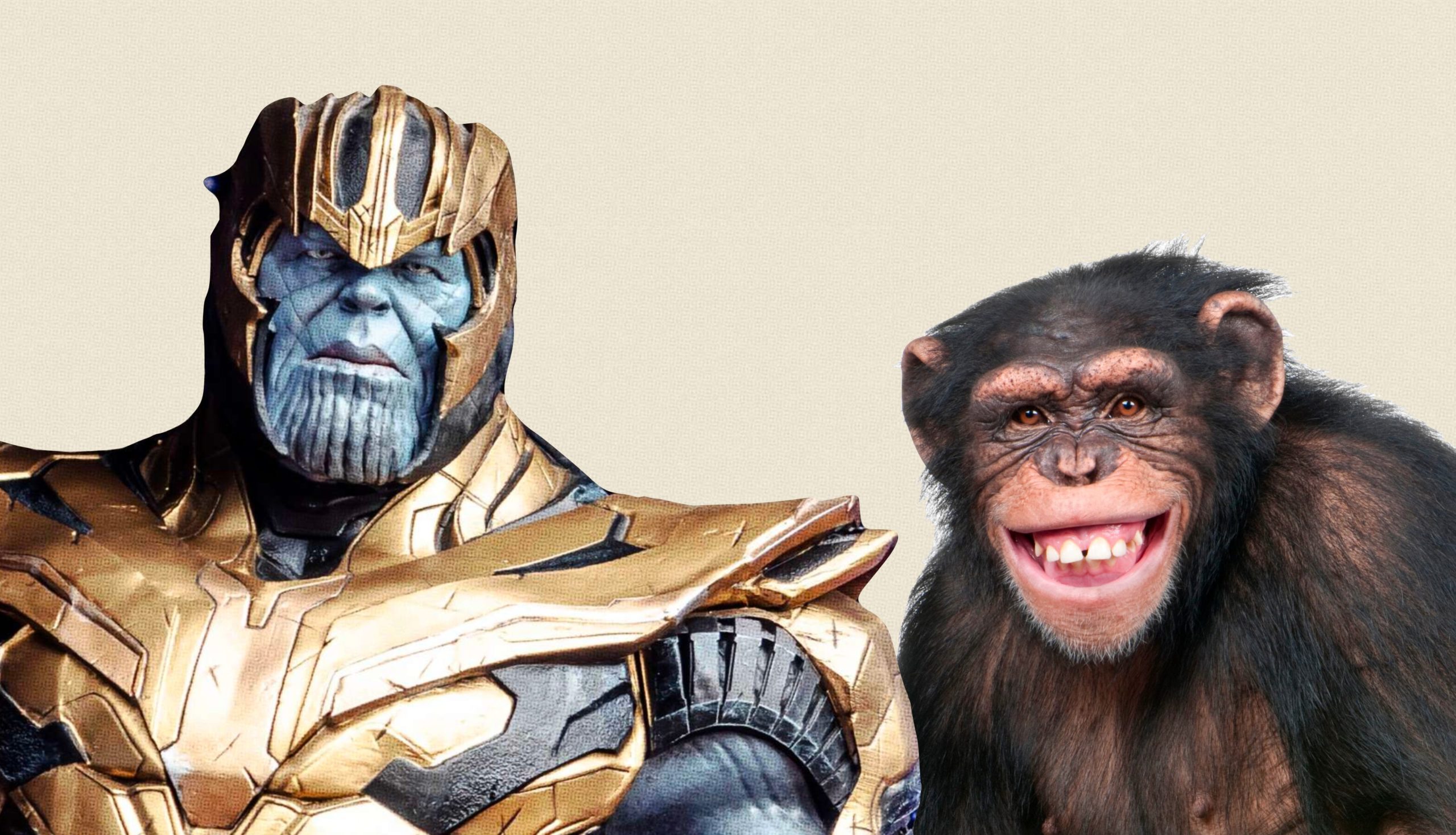Summary: Jane Goodall, the preeminent expert on chimpanzees, believes overpopulation is the source of most of the world’s problems. This article argues that Goodall’s perspective is biased by her profession. Unlike chimpanzees, humans can innovate around natural limits on population and create novel solutions to our problems.
This article originally appeared in Gale Pooley’s Gale Winds Substack.
Jane Goodall is one of the world’s foremost experts on chimpanzees. Goodall spent six decades studying chimpanzee groups and has written extensively about the similarities between primates and humans. But the similarities end when you realize that human beings create valuable resources and chimps don’t. Chimpanzees live in a fully Malthusian world, where resources are fixed by the natural world. When resources run out, chimp chaos ensues. Goodall believes that she can apply what she learned from chimp populations directly to human civilizations.
In a 2019 Population Matters conference, Goodall noted, “It’s absurd really, to think that there can be unlimited economic development on a planet with finite natural resources, and the fact that human populations are still growing on this precious planet of ours is something that everyone should be aware of.”
Goodall sounds very much like the Avengers supervillain Thanos: “This universe is finite, its resources, finite. If life is left unchecked, life will cease to exist.”
Goodall remarked at the 2020 World Economic Forum that “All these things we talk about wouldn’t be a problem if the world was the size of the population that there was 500 years ago.”
Population in 1500 is estimated at around 460 million, or around 94 percent lower than today’s 8 billion. To get back to 1500 population levels means you would need to eliminate 17 out of every 18 people. Thanos only wanted to eliminate 50 percent, or one out of every two.
As the great economist George Gilder noted, “The difference between our age and the Stone age is entirely due to the growth in knowledge.” You could say that the difference between human beings and chimpanzees is entirely due to the difference in knowledge.
Human beings can transcend the finite atoms constraint because human beings innovate. Our resources are not limited by the number of atoms on the planet. We expand resources without limits because resources are created when you add knowledge to atoms.
To anthropomorphize is to ascribe human form or attributes to an animal, plant, or material object. Chimpanzees have very little in common with human beings in terms of our ability to discover, create, and share knowledge. Human beings have written languages, contracts, rule of law, property rights, and free markets. We also have moral systems that recognize rights and respect the dignity of every human being.
Many seem to think they can reduce population dramatically and retain all of the benefits and knowledge and standards of living that we enjoy today. Reducing our population by just 1 percent could be catastrophic. Why? If a supply chain consists of 100 links, removing 1 link renders the whole chain worthless. COVID-19 lockdowns taught us this truth.
Goodall makes the same mistake that the Stanford University biologist Paul Ehrlich made when he compared the world of butterflies to the world of human beings. When you destroy people, you destroy all the individual bits of knowledge they possessed. When you limit population, you prevent potential knowledge from being discovered. If Thanos and Goodall understood that resources are not about atoms, but about knowledge, they would see human beings as our most valuable resource. They would see that it is human beings who can solve our problems, because human beings would use their power and influence to create more life, not less.
You can learn more about these economic facts and ideas in our new book, Superabundance, available at Amazon. Jordan Peterson calls it a “profoundly optimistic book.”





